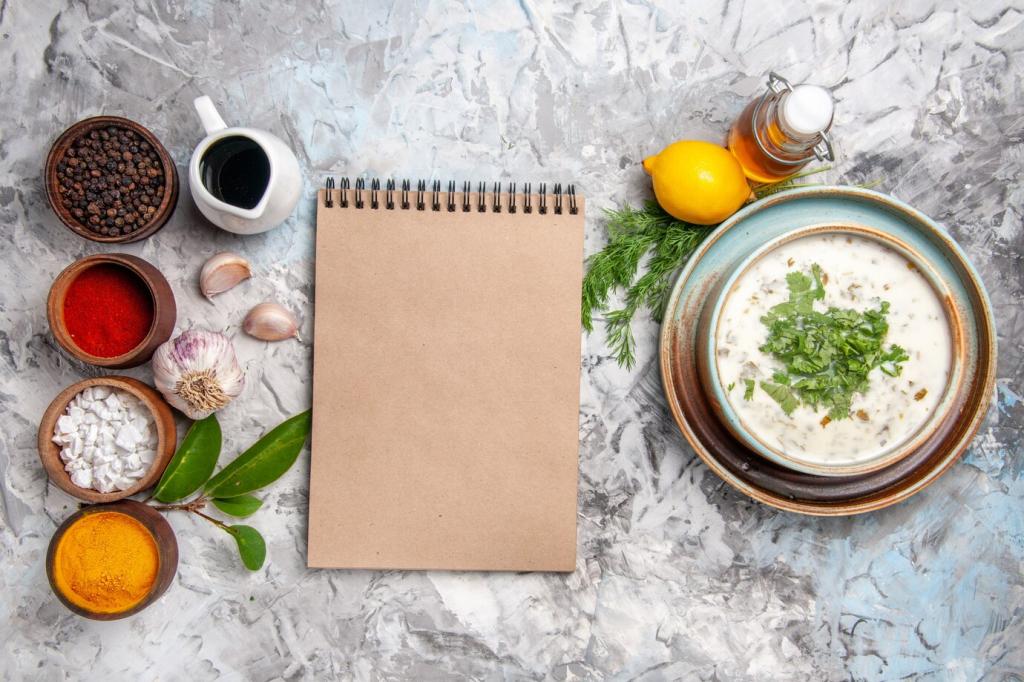Classic Cookbooks Every Home Should Have
Today’s theme: Classic Cookbooks Every Home Should Have. From splattered pages to hard-won techniques, these timeless volumes turn kitchens into classrooms and meals into memories. Share your foundational favorite and subscribe for monthly cookbook deep dives and shelf-building challenges.
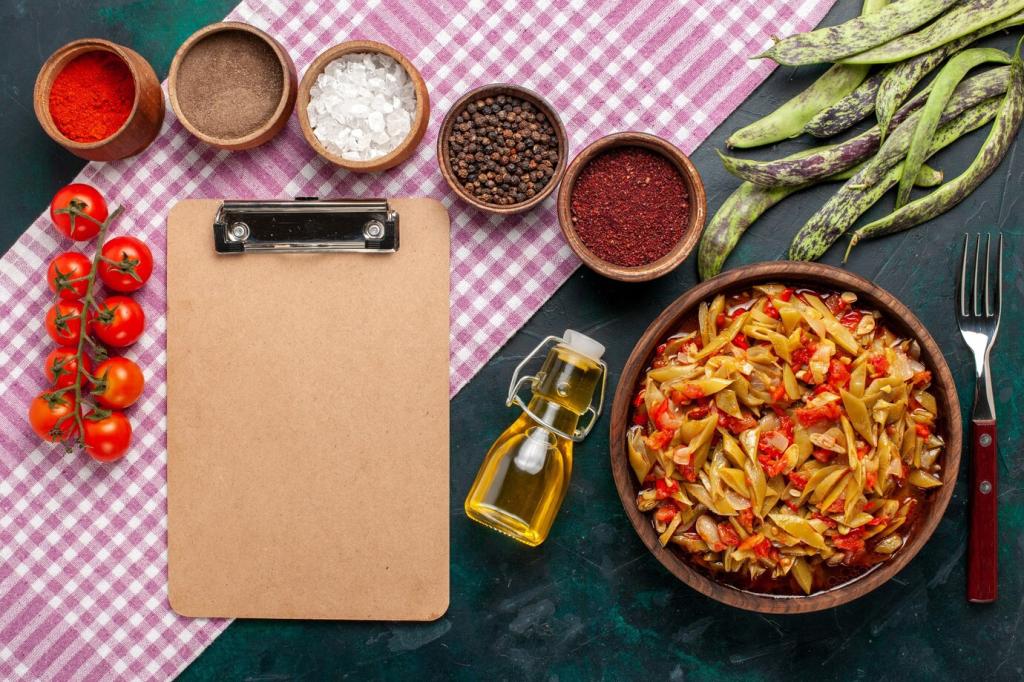
Why Classic Cookbooks Belong in Every Home
Classic cookbooks emphasize transferable skills—mise en place, careful seasoning, and temperature control—so you can improvise confidently. Their instructions have been tested across decades and countless kitchens, helping beginners avoid frustration and experienced cooks refine habits with calm, repeatable success.
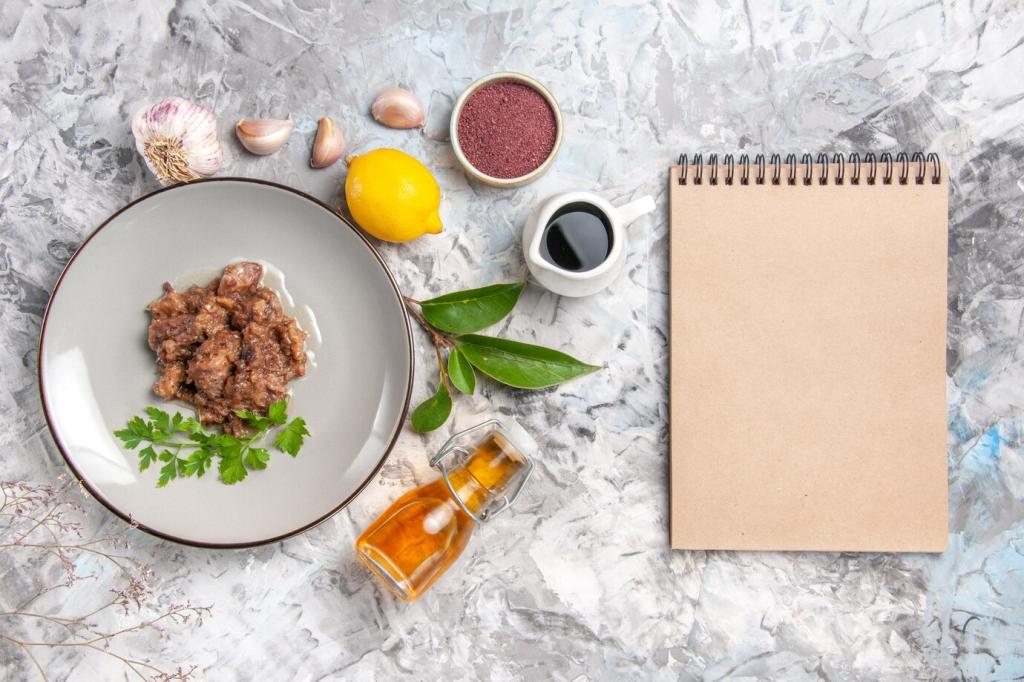
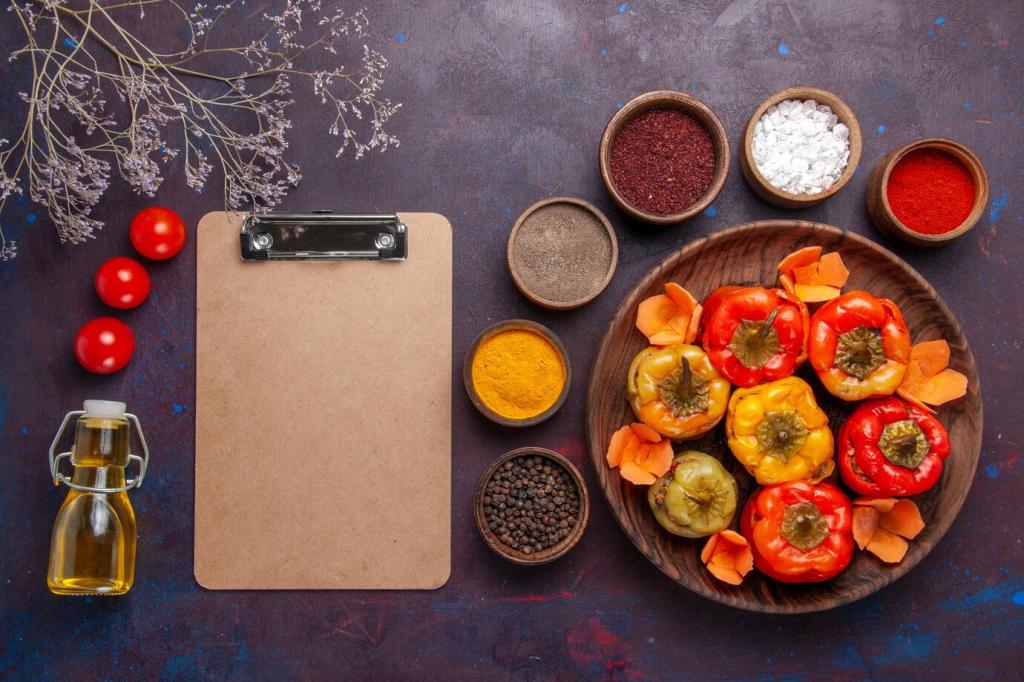
American Foundations: Joy, Fannie, and Better Homes
The Joy of Cooking, The Fannie Farmer Cookbook, and the Better Homes and Gardens New Cookbook form a straightforward American backbone. They cover pantry basics, roasting times, and crowd-pleasing standards. Comment with the edition you own, and what you first cooked from those dependable red-and-white or blue-spined pages.

European Technique: Julia and The Silver Spoon
Mastering the Art of French Cooking demystifies sauces and technique, while The Silver Spoon compiles Italian essentials with breadth. Together, they sharpen knife skills, deepen saucemaking, and expand vegetable confidence. Try one classic roast chicken method from each, compare results, and share your favorite approach with our community.
Skills You Learn by Cooking Through the Classics
Classic authors explain why uniform cuts matter and how to set a workstation for calm efficiency. Chopping onions becomes cleaner, faster, and safer. Show us your mise en place photo before dinner tonight, and we will feature reader tips for staying organized under real-life weeknight pressure.
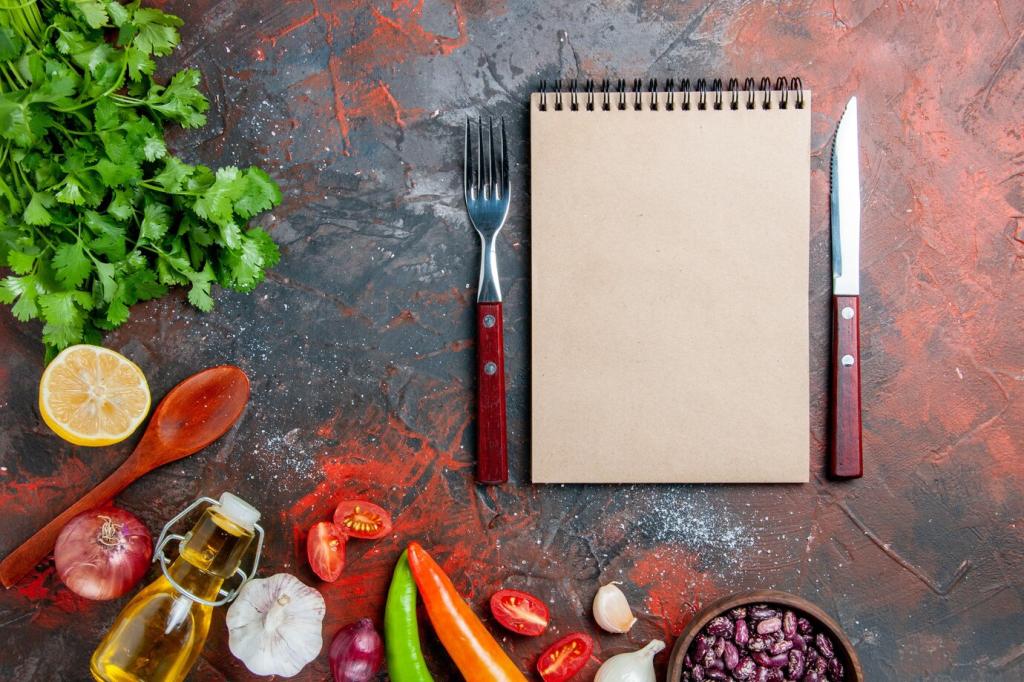
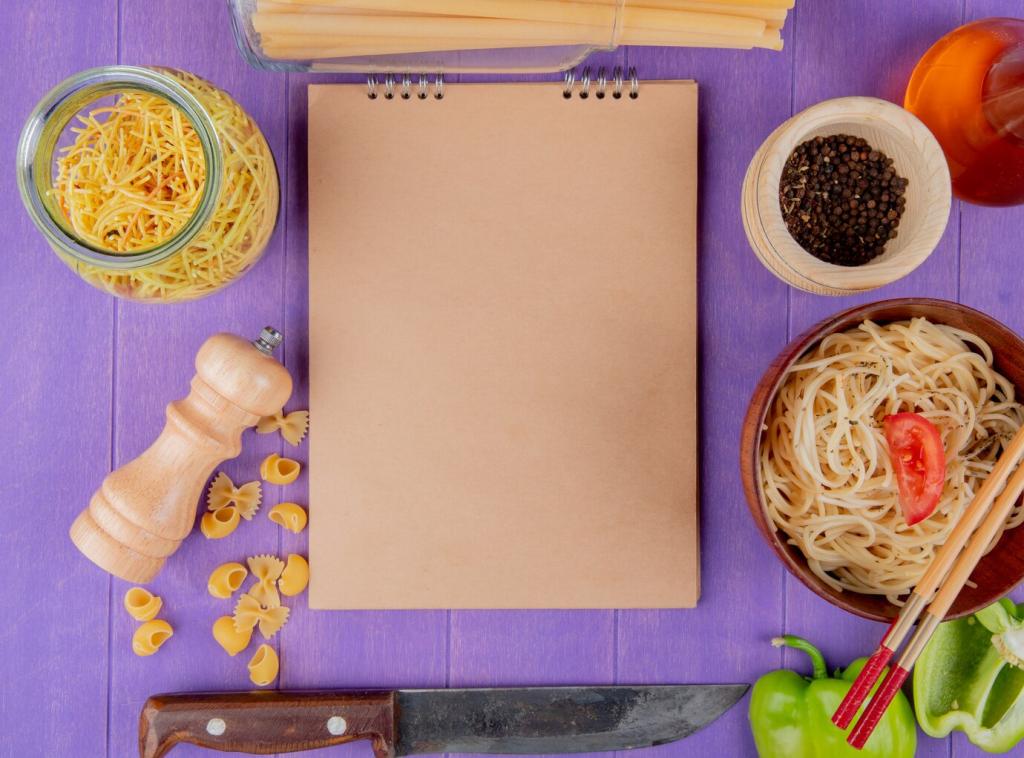
Skills You Learn by Cooking Through the Classics
Foundational stocks and mother sauces unlock soups, braises, and pastas. Classics teach reduction, emulsification, and seasoning in layers. Once you grasp those, leftovers transform into polished meals. Post your best quick pan sauce with three ingredients; we will compile community favorites for next week’s newsletter.
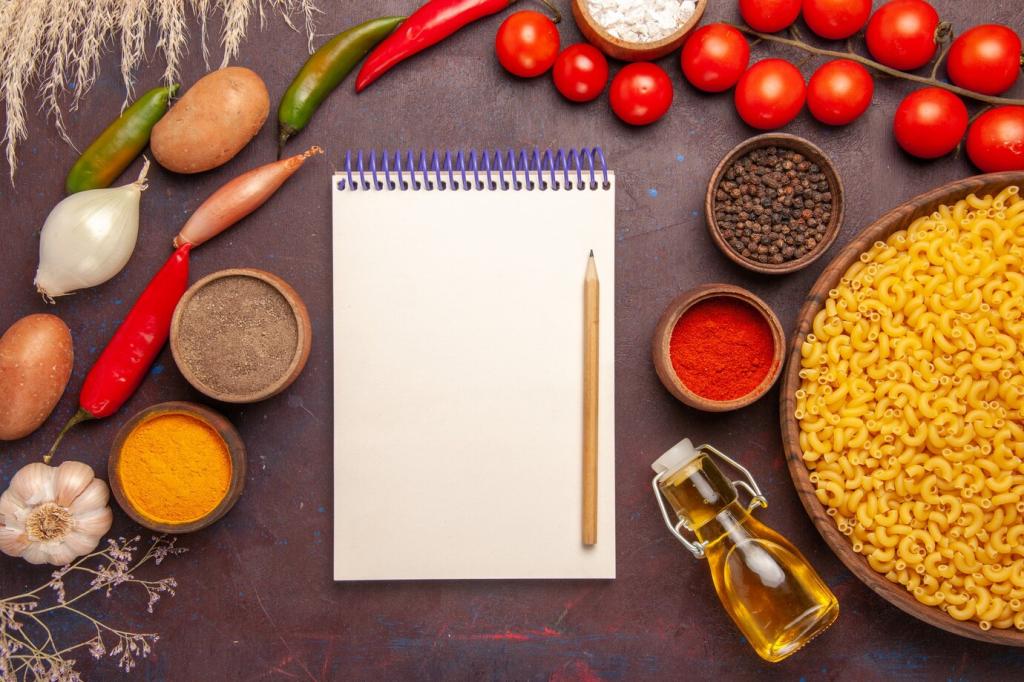

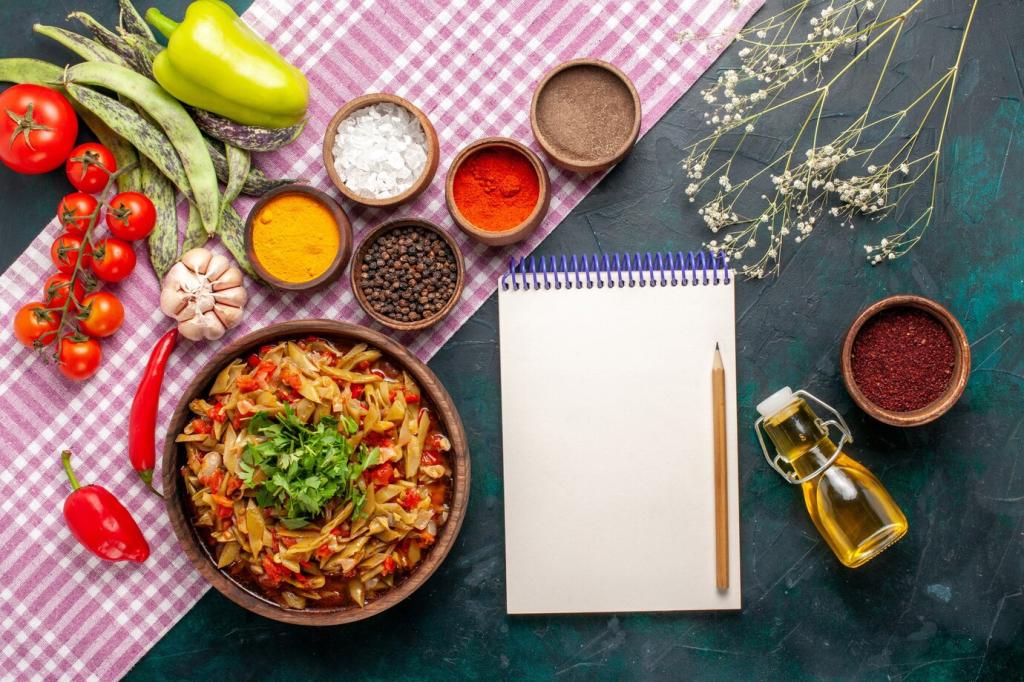
How to Choose, Use, and Annotate Your Classics
Before committing, test one soup and one dessert from a candidate classic. Note ingredient availability and cleanup realities in your kitchen. If both feel natural, the book fits. Comment with your two-test method results, and we will help troubleshoot substitutions or timing worries.
How to Choose, Use, and Annotate Your Classics
Create a simple system: green tab for weeknight hits, blue for guests, star for techniques. Date your attempts and record tweaks. Over months, patterns appear and confidence grows. Share a photo of your tab color key to inspire other readers building their first annotated shelf.
Global Classics to Broaden Your Shelf
Japanese Cooking: A Simple Art (Shizuo Tsuji) details technique and restraint; Every Grain of Rice (Fuchsia Dunlop) empowers practical, vegetable-forward Chinese cooking; An Invitation to Indian Cooking (Madhur Jaffrey) builds confidence with spices. Which title transformed your pantry? Share it and subscribe for our global spice primer.
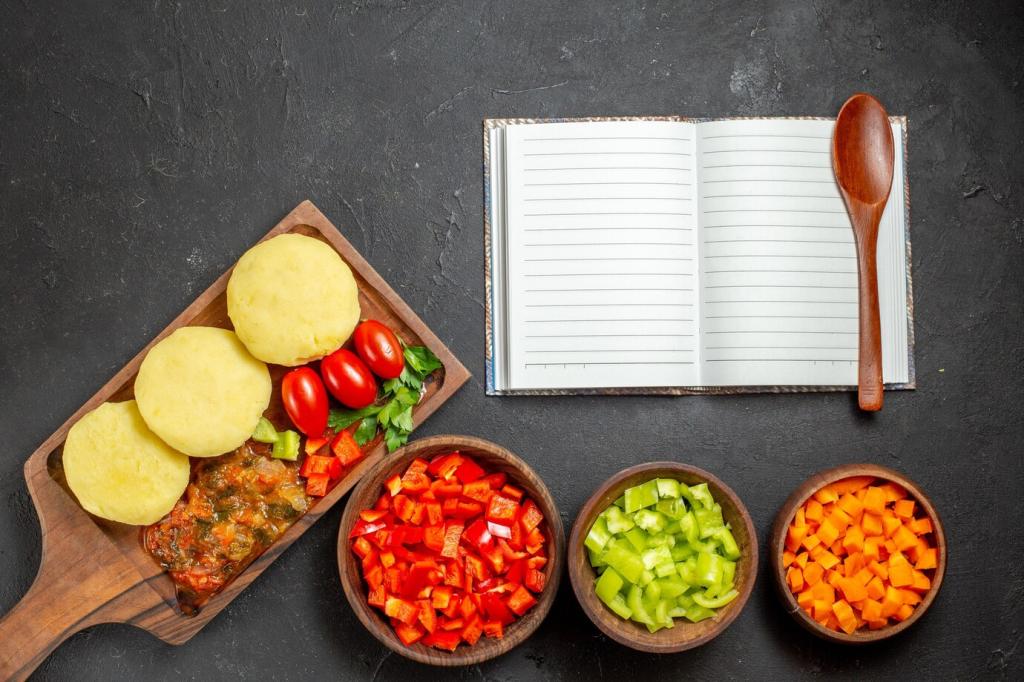
Caring for a Cookbook Collection That Lasts
Use clear book sleeves for high-splatter recipes, and keep a soft eraser for pencil notes. Mend loose signatures with archival tape. Share your repair questions, and we will consult a conservator for practical tips that keep beloved classics usable without turning them into museum pieces.
Caring for a Cookbook Collection That Lasts
Snap photos of personal annotations for quick reference, but always cook from the book when time allows. The weight and rhythm matter. Tell us your hybrid system—paper plus digital—and subscribe for our template to catalog favorite recipes across multiple classic volumes efficiently.
